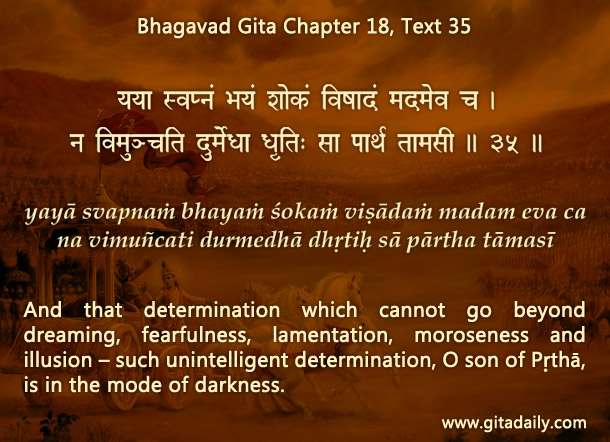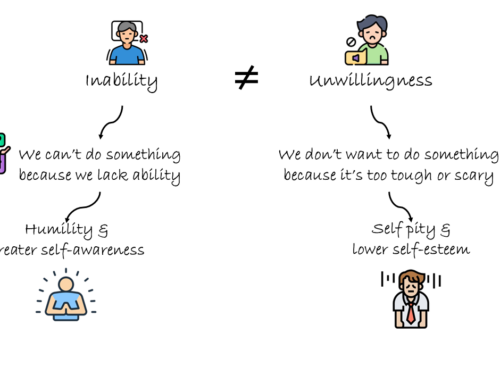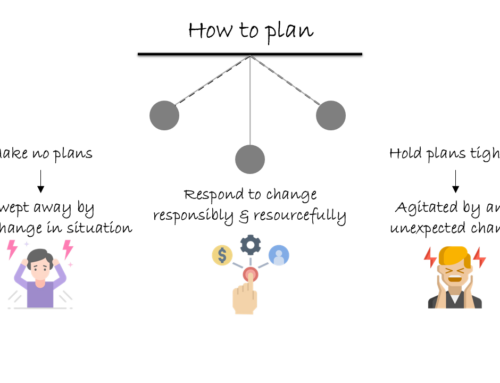We can never start in our life unless we start with our life
Suppose we wanted to walk somewhere, but somehow took several wrong turns and ended up far away from our destination. To get there, we will need to start from where we are, not from where we think we should have been.
We can never start in our life unless we start with our lifeThe same principle applies to our life-journey too. To start in our life means to begin moving in our life toward some worthwhile purpose. To start with our life means to begin that journey by accepting our present state without denial or resentment.
If we stay in denial, refusing to accept the things that are wrong about us, then, metaphorically speaking, our feet are way above the ground; we can’t take solid steps toward any destination. Veering to the other extreme, if we become resentful, we keep mentally beating ourselves and burying ourselves in the ground; we are left with little energy to move forward.
To bring about self-transformation, we need to begin with self-acceptance. Unfortunately, we can’t accept ourselves because of self-defeating thought-patterns such as daydreaming and resentfulness, which characterize the mode of ignorance (Bhagavad-gita 18.35).
How can we learn to accept ourselves? First, by understanding that we are our only resource. If we don’t accept ourselves, we leave ourselves resource-less for the task of changing ourselves. The more we accept ourselves, the more we – that is, our inner energies – become available for working on self-transformation.
Second, by raising our vision from ourselves, with all our imperfections, to our source: Krishna, who is pure and perfect. He accepts us, as we are. Despite our many wrongs, past and present, he stays with us in our heart. If he can accept us as we are, why can’t we?
When we thus cultivate self-acceptance and start working with our present life, we pave the way toward a better life.
Think it over:
- What are the two attitudes that obstruct self-acceptance?
- How can we learn to accept ourselves?
- Which aspect of yourself do you struggle to accept? How does that impede your transformation?
***
18.35 And that determination which cannot go beyond dreaming, fearfulness, lamentation, moroseness and illusion – such unintelligent determination, O son of Prutha, is in the mode of darkness.
To know more about this verse, please click on the image
Explanation of article:
https://www.youtube.com/watch?v=w48xbkJoKjo&feature=youtu.be
Podcast:






END comes even we don’t START